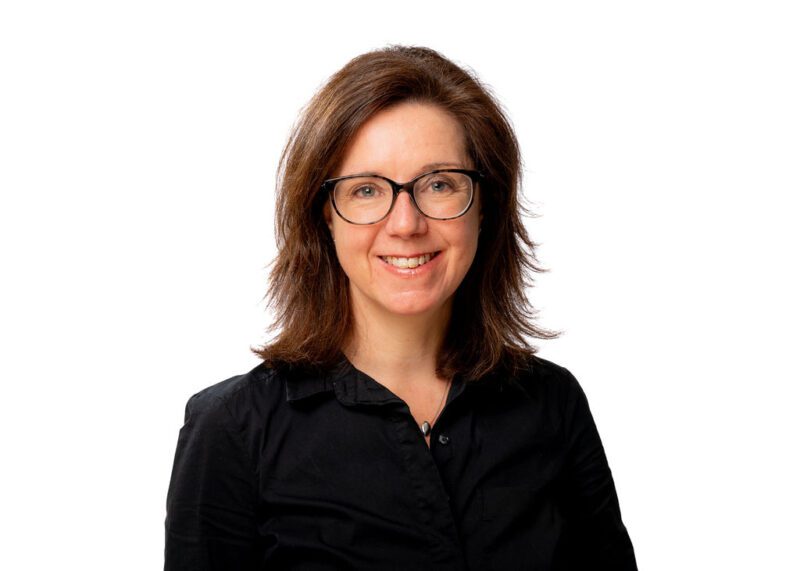-
Professor Neil HarrisonUniversity of Exeter
-
Dr Rebecca GeorgisUniversity of Exeter
-
Dr Jonathan BirtwellRefugee Education UK
-
Professor Nick GillUniversity of Exeter
-
Professor Peter HopkinsNewcastle University
Project overview
This project will explore the pathways and barriers faced by unaccompanied asylum-seeking children (UASCs) in accessing Higher Education and higher-level Further Education (Level 3+).
Why this project is important
There were 7,380 UASCs in England in 2024 – a near fourfold increase from 1,940 in 2013. Typically aged 16 or 17, UASCs are taken into the children’s social care system until adulthood. Most UASCs have undergone traumatic experiences in their home country or on their subsequent journey, often impacting their mental health. While many had strong educational histories and high aspirations before migrating, English language proficiency may limit their options on arrival, as well as their wider process of settlement. Post-school education offers the potential for positive transitions into adulthood for UASCs, given its gateway role into professional careers and the value of education as a psychosocial support.
The research will address the following questions:
- How many UASCs have accessed Higher Education or higher-level Further Education and what is their demographic profile compared to UASCs in general and other care-experienced young people?
- How can their Higher Education participation be characterised by type of institution attended, subject studied, graduation rate, and degree classification?
- How can their higher-level Further Education participation be characterised by the subject and level of course undertaken and completion rate?
- What are the educational aspirations and experiences of UASCs post-arrival and how do these change over time?
- What are the constraints and enablers experienced by UASCs considering Higher Education or higher-level Further Education and how do these shape the options available to them?
- How do UASCs conceptualise Higher Education or higher-level Further Education within the broader sweep of their past and future lives?
- What challenges exist for practitioners working to support educational pathways for UASCs and how might they be mitigated?
What it will involve
The research will be completed in four stages:
- Analysing national administrative data to assess participation rates, course choices, and outcomes for UASCs in Higher Education.
- Conducting longitudinal interviews with 45 UASCs across three regions, utilising arts-based methods including the ‘Tree of Life’ approach.
- Surveying and interviewing Virtual School practitioners to explore their experiences in supporting UASCs into Higher Education or higher-level Further Education.
- Mapping UASCs’ engagement with Further Education through analysis of linked administrative datasets, focusing on course types and participation patterns.
How it will make a difference
Findings will be directly shared with stakeholders, including national government, Virtual Schools, third-sector organisations supporting refugees and care leavers, and academic networks, with the aim of improving policy and practice.


































